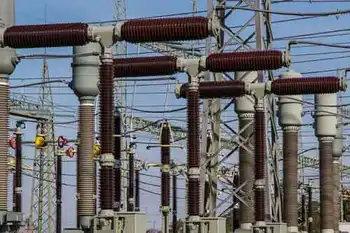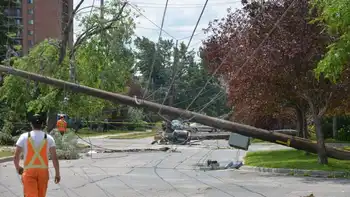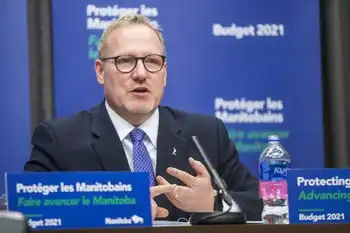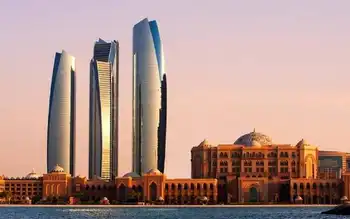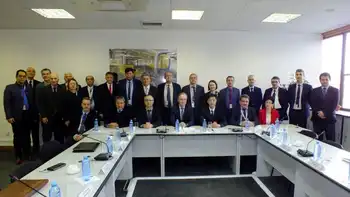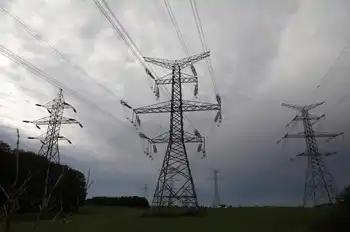IAEA to meet with India on nuclear deal
By Associated Press
Substation Relay Protection Training
Our customized live online or in‑person group training can be delivered to your staff at your location.

- Live Online
- 12 hours Instructor-led
- Group Training Available
Melissa Fleming, spokeswoman for the International Atomic Energy Agency, gave no details in announcing the meeting. But the board is expected to adopt the agreement, a draft of which India has circulated among the 35 nations on the governing board.
The board's approval would open the way for India's civilian nuclear program do business with 45 nations that export nuclear fuel and technology.
India, which developed its own nuclear weapons, has been shut out of such deals because it did not sign the Nuclear Nonproliferation Treaty, which was designed to prevent the spread of atomic arsenals.
India has been eager in recent years to demonstrate its readiness to join the international monitoring system, so it can gain access to foreign-produced reactor fuel and nuclear technology as it scrambles to find enough uranium to supply both its energy sector and its nuclear weapons facilities.
Indian Prime Minister Manmohan Singh's government said it would hold a parliamentary confidence vote within a week to determine the future of a controversial nuclear deal with the United States.
Singh's government would have to put off the U.S. deal and face early elections if it lost the confidence vote. His five-year term ends next May.
If ratified by both nations, the agreement would reverse three decades of U.S. policy of not dealing with India's nuclear industry. U.S. companies would be allowed to sell atomic fuel and technology to India, while India would open most of its civilian reactors to international inspection.
The IAEA board must first approve the safeguards agreement, and the Nuclear Suppliers Group — to which the U.S. belongs — must agree to do business with New Delhi before the U.S. Congress can sign off on that agreement.
The U.S. administration has hailed Indian pledges to open up parts of its civilian nuclear program as a commitment by New Delhi to move closer toward nonproliferation principles.
But critics who have seen the draft of India's accord with the IAEA say it contains loopholes and does not specifically list the facilities to be put under agency supervision — even though New Delhi has named them in a separate paper drawn up two years ago.
India first conducted a nuclear test explosion 24 years ago as it broke out of its foreign-supplied civilian nuclear program to develop atomic arms.
Countries in the Nuclear Suppliers Group have restricted nuclear trade since 1992 with states that have not signed the Nuclear Nonproliferation Treaty or don't have comprehensive safeguard arrangements with the IAEA.





